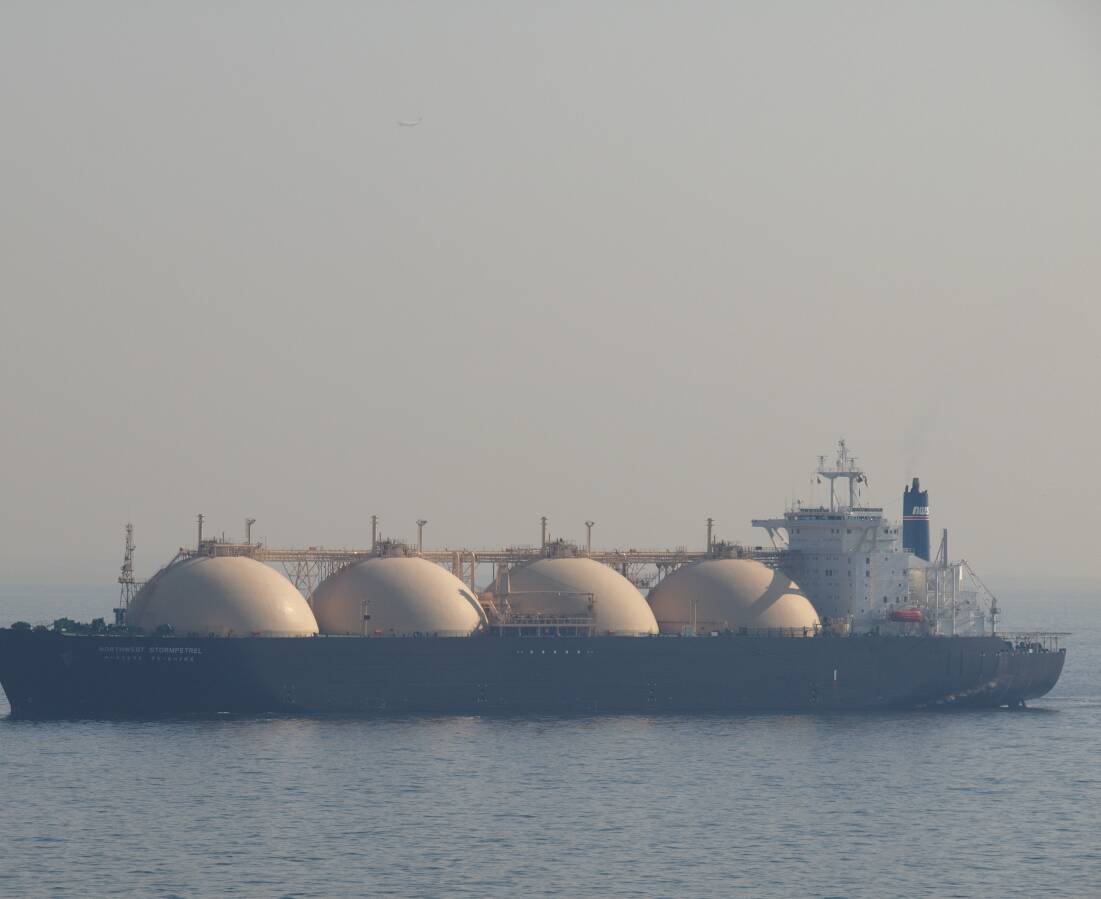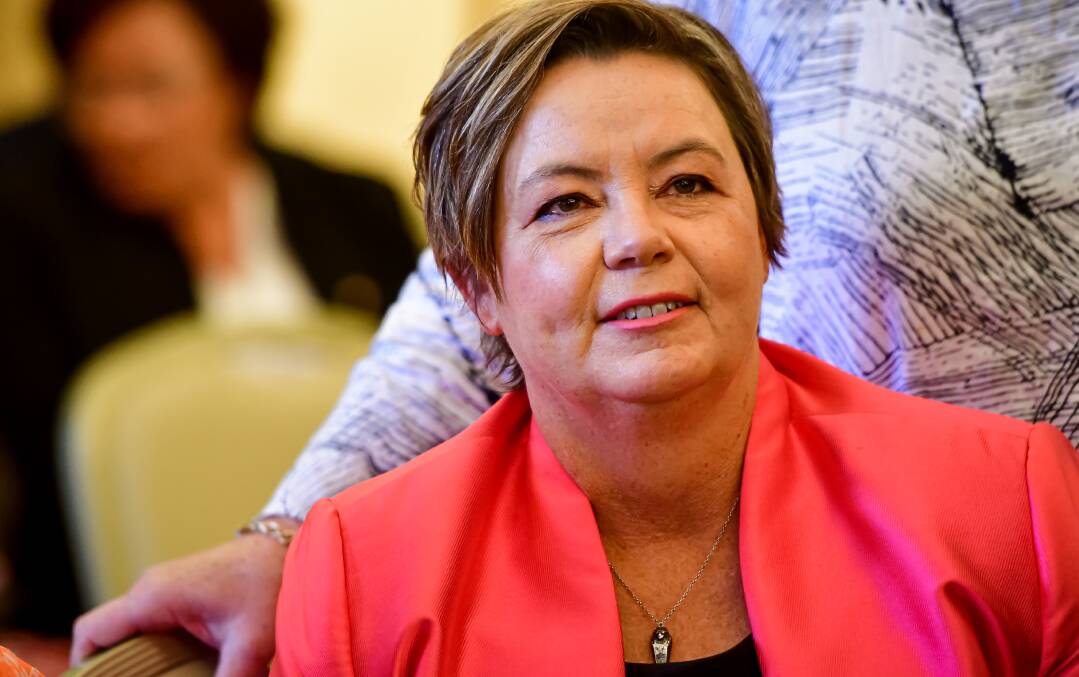
Resource Minister Madeleine King's swift acceptance of the ACCC's recommendation she take the first step towards invoking a "gas trigger" that would restrict LNG exports from next January sends a strong message to the gas industry that, if it won't voluntarily act in the national interest, it will be compelled to do so.
Australia's gas exporters have been under the microscope since June 6 when the Treasurer asked the ACCC "to ensure the factors influencing prices in gas markets (domestic and export) are made fully transparent and to bring to the government's attention any need for regulatory change to ensure electricity and gas markets function properly for the benefit of all Australians".
Dr Chalmers asked the commission to investigate the sector following a surge in energy prices and fears of extended power outages in April, May and June.
The Prime Minister, among others, suggested some energy producers had "gamed the system", reducing output to maximise profits.
The commission's interim report, released over the weekend, is genuinely alarming.
It has warned of a major shortfall in the amount of gas slated to be sold into the domestic market in 2023 and says, if this is not addressed, many industries dependent on gas could be forced to close.
If the anticipated shortfall did come to pass south eastern Australia, which has the highest demand for gas for commercial and industrial users, and for domestic purposes, would be the hardest hit.
The heart of the problem is that, with international LNG prices heading north at a record rate, local exporters are keen to make hay while the sun shines.
It has been claimed this had led to an unwillingness to negotiate in good faith with local gas distributors and commercial and industrial users, and also resulted in price gouging.
"We are very concerned at reports of even higher prices being offered to commercial and industrial users in April and May 2022, with reports of gas price offers as high as $21.20 a gigajoule," the report says.
"We are also concerned with the extremely high prices observed in domestic spot markets since May 2022 along with high LNG prices, which may flow through to long term contract prices."
It's believed the break-even price for most LNG producers and exporters is around $5 a gigajoule.
In a separate report last week, the Australian Energy Market Operator noted that, on June 30, the east coast gas price had peaked at $41 a gigajoule, up from an average of $10 a gigajoule in the first quarter.
While the gas industry is downplaying the ACCC's warning of shortages, saying "there is no gas shortfall and no shortfall coming", the Albanese government can't afford to take any chances.
Unless the industry can provide compelling evidence it will be able to meet the needs of the domestic market in an equitable fashion in 2023, it may find itself on a much shorter leash.
ISSUE: 39,938








